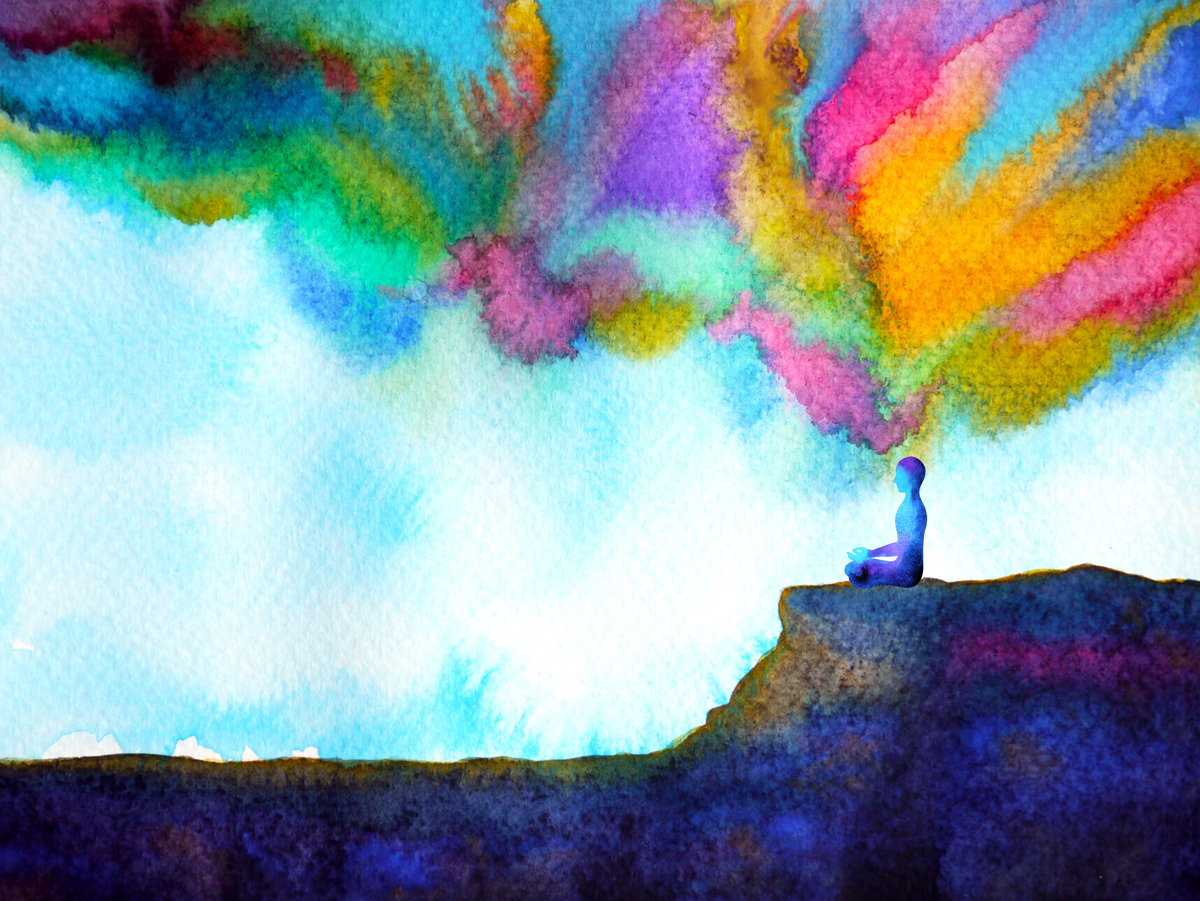Highlights of research on psychic phenomena presented at the recent Parapsychological Association convention.
By Liza Horan
Talk of premonitions, fairies and the afterlife often happens in hushed tones among trusted friends, if at all. But an open and energetic conversation happened recently on these and other topics of human phenomena in Oslo. The occasion was the 65th annual convention of the Parapsychological Association, an international group of researchers sharing evidence and insights on such common yet “exceptional experiences” as Extra-Sensory Perception (ESP), Near-Death Experiences (NDEs), and mediumship, which is the ability to communicate with those who have passed. Topics that some may relegate to the incomprehensible, mysterious and mystical, this group of academics and scientists approaches with curiosity, openness, objectivity, and discipline. They are on the cutting edge of understanding the what, when and how of our perceptive abilities and consciousness.
Parapsychology is the study of psi (psychic experiences), which refers to a vast group of phenomena that includes telepathy, clairvoyance, psychokinesis (mind affecting physical matter), and psychic healing; see the Psi Encyclopedia for more. Parapsychologists hold that these phenomena can be measured scientifically. This interdisciplinary field generally sits in the academic domain of psychology, but crosses physics, medicine, sociology, and philosophy, plus spiritual and religious studies.
Here are five major themes gained from the presentations of more than 20 research papers and conversation over the few days of the convention.
1. Psi experiences are common, natural and normal.
Have you ever experienced déjà vu or ESP or had a night-time dream that then played out? Or thought of someone moments before they called you? Or, perhaps, you’ve gotten a distinct feeling about a place when you stepped inside of it, or you had a visceral sensation about a person or situation that led you to follow a “gut feeling”? If so, you’re not alone. Continue reading
2. We can improve our intuitive abilities.
Highly Sensitive People and vegetarians report more psi phenomena, but everyone can learn to tap into our natural “sixth sense,” researchers say. “In parapsychology, as an academic discipline, we get the sense that psi is something that happens all the time. It’s just whether we notice it or not,” University of Northampton’s Dr. Chris Roe explained in an interview. Continue reading
3. Our psi abilities can reduce suffering and improve wellbeing.
Joy, hope, calm, and a sense of connection with others are among the positive effects of psi experiences, the research says. Developing our intuitive abilities brings greater self-awareness and knowledge, and opens us for more information toward better decision-making. The overwhelming majority of people who had a Near-Death Experience gained positive meaning from it — particularly in regard to existence and spirituality — and said they came back to physical life for/with a purpose. Continue reading
4. The parapsychology industry is growing (and growing up).
Parapsychological researchers are going beyond investigating the what and how of psi phenomena by identifying how to integrate their findings to improve health care, and by exploring the readiness of mediums to professionalizing their vocation. The first step is normalizing the conversation about “exceptional” or “anomalous” or “paranormal” experiences. Continue reading
5. Researchers want to hear about your psi experiences.
Ready to develop your “sixth sense,” share your experiences or contribute to research? Here’s a list of sources to increase your sensitivity to psi phenomena, find support or like-minds, and share your input to support the growing body of evidence about parapsychology. Find out which universities are investigating, ESP, paranormal folklore, and all sorts of “exceptional experiences.” Continue reading



Comments